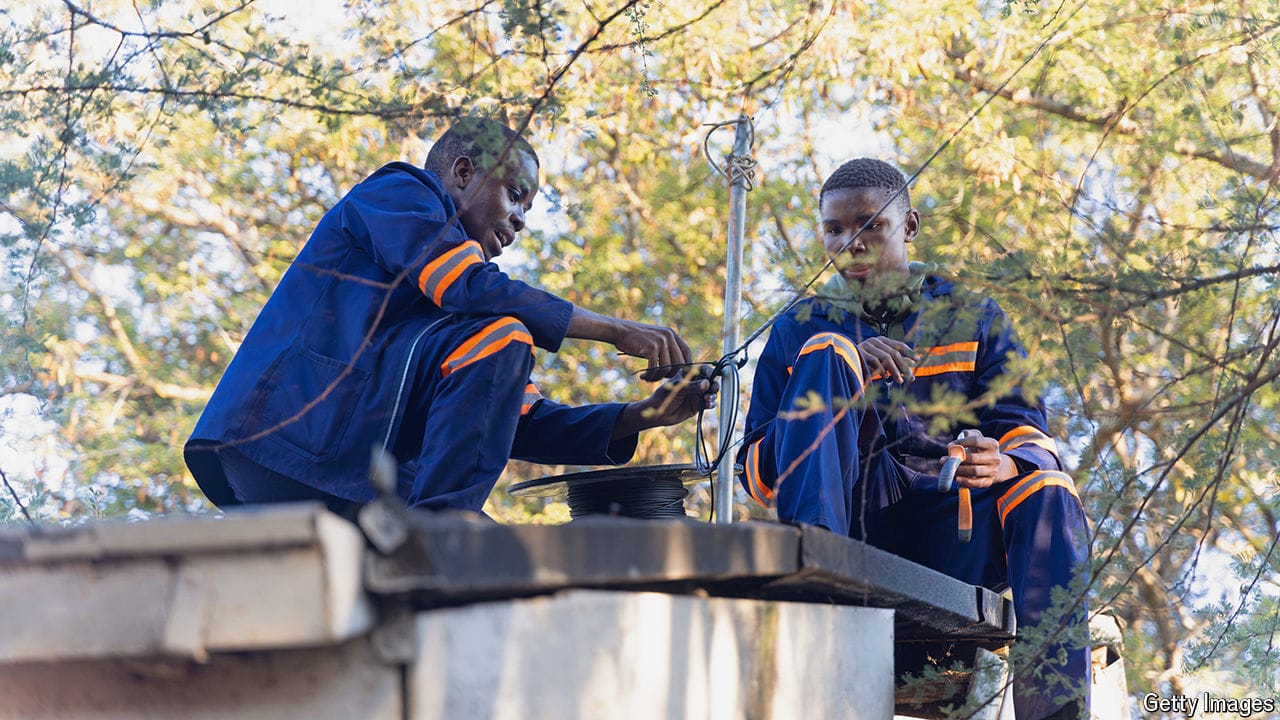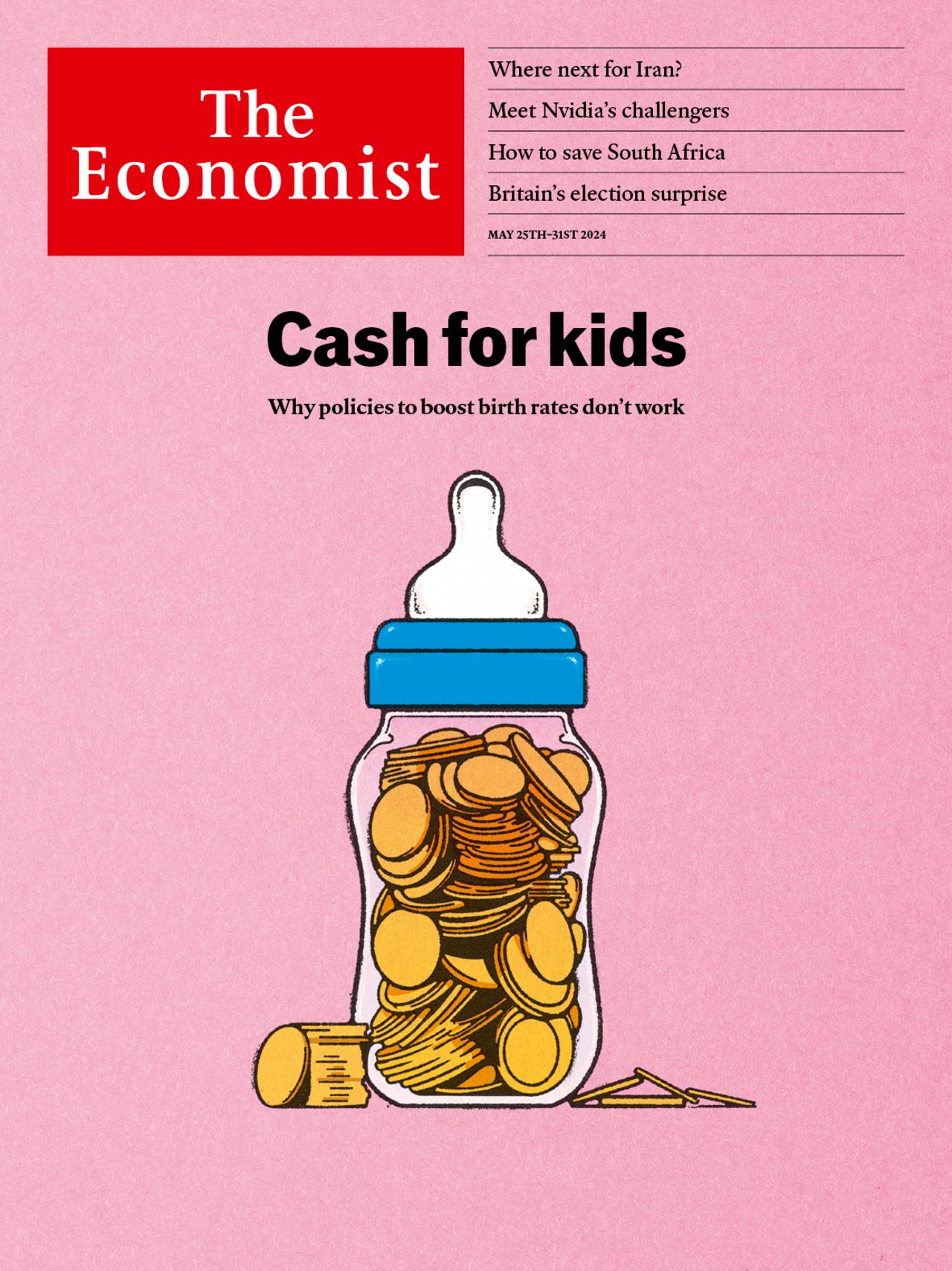How to save South Africa
The rainbow nation needs an alternative to decline under the ANC

In 1994 South Africa provided some of the most joyous scenes of the late 20th century, when it elected Nelson Mandela as its first black president. The more or less peaceful transition from apartheid to multiracial democracy demonstrated what can happen when political enemies show courage and imagination. Yet as our Briefing this week explains, 30 years later the question is whether South Africa’s hard-won democracy can reverse the country’s perilous decline. After a creditable first decade, Mandela’s African National Congress (ANC) has presided over economic stagnation, rampant crime, failing public services and epic corruption. Most South Africans say they would do away with elections if an unelected government could provide safety, jobs and housing.
Explore more
This article appeared in the Leaders section of the print edition under the headline “Saving South Africa”
Leaders May 25th 2024
- Why paying women to have more babies won’t work
- Rishi Sunak’s election call makes no sense, but is good news
- The war-crimes case against the leaders of Israel and Hamas is flawed
- Hacking phones is too easy. Time to make it harder
- How to save South Africa
- What India’s clout in white-collar work means for the world
More from Leaders

Germany’s failure to lead the EU is becoming a problem
A weak chancellor and coalition rows are to blame

How to ensure Africa is not left behind by the AI revolution
Weak digital infrastructure is holding the continent back

A global gold rush is changing sport
Fans may be cooling on the Olympics, but elsewhere technology is transforming how sport is watched
Can Kamala Harris win?
Joe Biden’s vice-president has an extraordinary opportunity. But she also has a mountain to climb
MAGA Republicans are wrong to seek a cheaper dollar
It is hard to cast America as a victim of the global financial system
Joe Biden has given Democrats a second chance to win the White House
If they are not to squander it, they must have a proper contest
